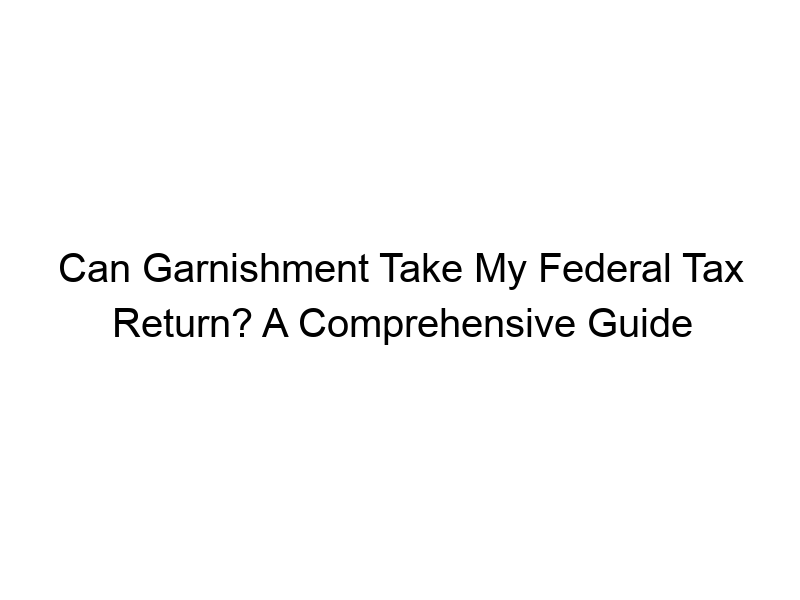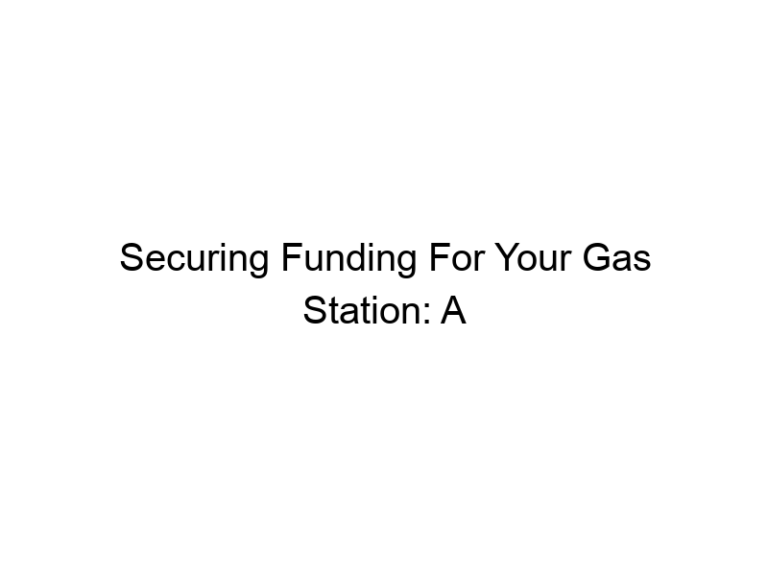Can Garnishment Take My Federal Tax Return? A Comprehensive Guide
Tax season is a time of both anticipation and anxiety. For many, it represents a chance to receive a refund, a much-needed financial boost. However, for those facing financial difficulties, the question of can a garnishment take my federal tax return looms large. This comprehensive guide will explore this complex issue, explaining the intricacies of wage garnishment, tax levies, and how they impact your federal tax refund. We’ll delve into the legal framework, discuss various scenarios, and offer advice on protecting your funds. You will learn about the different types of garnishments, how to identify them, and steps you can take to understand and manage your financial situation.
Wage garnishment is a legal process where a creditor obtains a court order to seize a portion of your earnings directly from your employer. This
happens when you fail to pay debts like child support, student loans, or credit card balances. The amount garnished depends on state and federal laws, generally capped at a percentage of your disposable income.
How Wage Garnishment Works
The creditor first obtains a court judgment against you. They then submit this judgment to the court, which issues a garnishment order to your employer. Your employer is legally obligated to withhold a specific amount from your paycheck and send it directly to the creditor.
Types of Wage Garnishment
There are several types, including pre-judgment garnishment (before a court ruling), and post-judgment garnishment (after a court ruling). Understanding the type of garnishment you face helps determine your options and legal recourse.
Tax Levies and Federal Tax Returns
What is a Tax Levy?
A tax levy is a legal seizure of your assets by the IRS (Internal Revenue Service) to collect unpaid taxes. This can include your bank accounts, wages, and, yes, even your federal tax refund.
How a Tax Levy Works
The IRS sends you notices of your outstanding tax debt. If you fail to resolve the issue, they can issue a levy. This levy can then be applied to your tax refund, effectively reducing or eliminating it completely.
Protecting Your Refund from a Tax Levy
While a tax levy can seize your refund, it’s not inevitable. Paying your taxes on time and resolving any outstanding debts with the IRS promptly is the best preventative measure. Setting up an installment agreement can help avoid a tax levy altogether.
Can a Garnishment Take My Federal Tax Refund?
The Interplay of Garnishment and Tax Refunds
The short answer is: yes, a garnishment can affect your federal tax refund. However, the type of garnishment matters. Wage garnishments don’t directly impact your refund, but significant outstanding debts might lead to an IRS tax levy which would.
Priority of Garnishments and Levies
The order in which garnishments and levies are applied can vary depending on the specific circumstances and the types of debts involved. Often, federal tax debts take priority.
State vs. Federal Laws Regarding Garnishments
Laws governing wage garnishments and tax levies vary significantly across states. Understanding the specific laws in your state is crucial to protect your rights.
Identifying and Addressing Garnishment Orders
Recognizing Garnishment Documents
Garnishment orders come from courts or government agencies and will contain official seals and legal jargon. If you receive a document related to a garnishment, seek professional legal counsel immediately.
Understanding the Terms of the Order
The order will specify the amount to be garnished, the frequency of payments, and the creditor’s information. Review the order carefully and seek clarification if needed.
Legal Options for Dealing with Garnishment
You have legal options to challenge the garnishment order if you believe it’s incorrect or unlawful. Contact a legal professional specializing in debt collection and garnishment to discuss your options.
Strategies to Protect Your Tax Refund
Prioritizing Debt Payments
Developing a sound debt management strategy is critical. This includes prioritizing high-interest debts and negotiating with creditors to reduce payments.
Budgeting and Financial Planning
Creating a realistic budget helps you track your income and expenses, enabling better financial planning and debt management.
Seeking Professional Financial Advice
Consulting a certified financial planner can provide personalized advice on managing your finances and avoiding future garnishments.
Frequently Asked Questions
What happens if I already filed my taxes and then receive a garnishment notice?
If you filed and then received a notice, the IRS might already have processed your refund. Contact them immediately; they may be able to intercept the refund before it’s distributed.
Can a private debt collector seize my tax refund?
Generally, private debt collectors cannot directly seize your tax refund. The IRS controls tax refunds, and only they can levy them for unpaid taxes.
What if I disagree with the garnishment order?
If you believe the garnishment is incorrect, contact a lawyer immediately. You may be able to appeal the order in court.
Are there exemptions to wage garnishment?
Yes, federal and state laws typically provide exemptions for a certain portion of your wages, ensuring you have enough for essential living expenses. Consult a lawyer to understand what applies to your situation.
What are the consequences of ignoring a garnishment order?
Ignoring a garnishment order can result in further legal action, potentially impacting your credit score and leading to additional fees and penalties.
Final Thoughts
Understanding the intricacies of wage garnishments and tax levies is crucial for protecting your financial well-being. While a garnishment can take your federal tax return under certain circumstances, proactive financial planning and responsible debt management are key to preventing this from happening. By prioritizing debt payments, budgeting effectively, and seeking professional help when needed, you can significantly reduce the risk of losing your tax refund to garnishments. Don’t hesitate to seek legal and financial advice if you’re facing financial hardship; early intervention can make all the difference. Remember, knowledge is power, and understanding your rights can empower you to navigate these challenging situations effectively.







